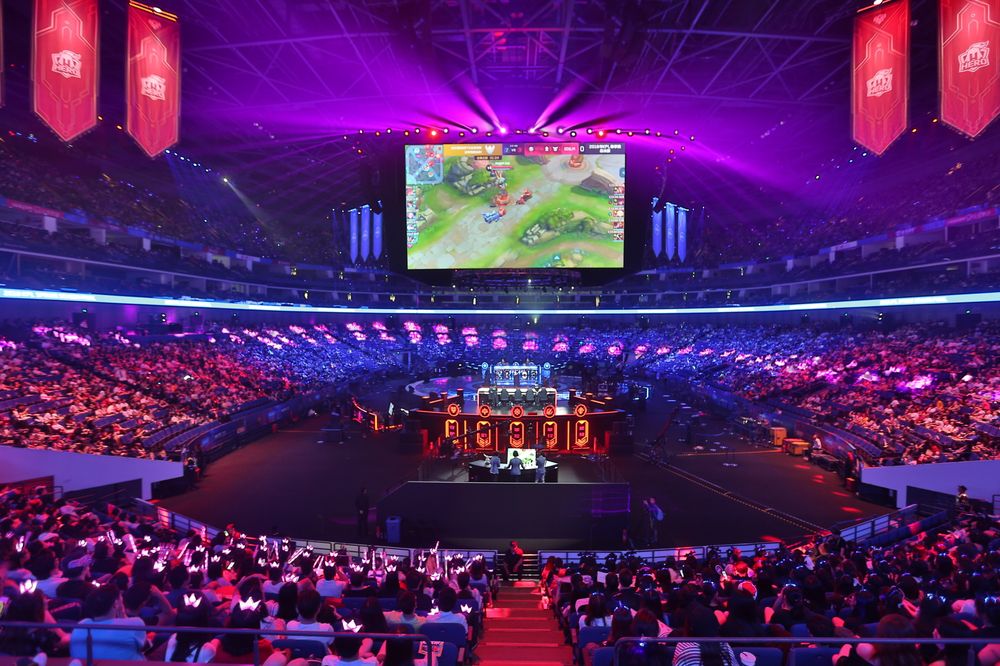Everything you need to know about tilting

Mistakes, strange decisions, and aggressive behavior – all that can be explained by a scary T-word. Combating the tilt is one of the most challenging tasks in todays’ gaming. Let try to figure out what tilting means. How to deal with it? And is it possible not to tilt at all?
Tilt arises when something happens not as you used to. In training, you worked off a draft that destroys an opponent in 15 minutes, and in the official game, you could not win a single lane, hello tilt. Worked out a combo in Hearthstone, and at the last moment, the necessary card did not go off, tilted again. Smoked off the B plant, got flanked from the lower tunnel, hello darkness my old friend. Anything that suddenly goes out of our control and does not fit into the framework of the prepared plans causes an adverse reaction. And when the usual course of things is destroyed, we spend extra resources and energy on building a new strategy.
According to psychologists, tilt has two sides. The first depends on the work of the brain and affects the awareness and deliberation of the player’s decisions. At first, the emotions of a cybersportsperson are captured, and then the tilt forces them to over-focus on details and actions. The majority of choices in a calm state are made by the player almost unconsciously. The action plan was long overdue in his head: to give the camp when an opponent approaches, throw a smoke grenade into the desired doorway. But when a nervous tension takes hold of his brain, the player begins to think about and evaluate each of his actions. Psychologists compare this with the ability to walk. In fact, this is not such an easy task for our body, but it easily copes with it. But once you start to think about the process, deliberately put your foot at the right angle, you are more than likely to fall sooner or later. The same situation is with computer games.
However, it is not only a psychological but also a physical condition of a cybersportsperson. Each player has an optimal state in which he is able to show their maximum result. This optimum consists of many different factors, such as reaction rate, concentration level, pulse, and even body temperature. Tilt can affect each of these criteria.
Young players are much less conscious than adults. They find it difficult to take into account the context of the actions of other players, and they often see a desire to hurt where there is none. For example, they quickly come to the conclusion that another player intentionally helps the enemy team when in fact he is merely mistaken. Estimates are given to them even more difficult because they do not see the faces of the game comrades and often do not hear their intonations.
However, your experience in dealing with such stressful situations affects your tilt resistance the most. Experienced players are less prone to tilting, not so much because of their age, but because they have already been in such situations in training or an official match, and those who engage in csgo game betting regularly know that. Where the brain of an inexperienced player panics and looks for a way out of the problem, the veteran has already prepared a stereotype of behavior that he can implement as merely as any other.
How to get rid of tilt?
It is necessary to transfer the focus from a specific error to a useful format: what should I do now? All attempts to deal with obsessive thoughts, ideas that I am not in the best shape, are not so much doomed to failure, but on the contrary, this problem will be even more inflated. In any situation, it makes sense to think not about the reasons for the defeat or death in the game, not to fix on the past, but to focus on the future. In order to transfer focus, you probably have a little time. For example, at this moment, you are sitting in a tavern, or you have a break between rounds. 80% of your attention should be paid to thinking about how to get out of this situation and what are my resources. And only 10-20% should be left for the analysis of errors so that this ratio does not stand at the head of the corner. We need to think about what I can do in this situation, and not why I got into it.
If you have the opportunity to give yourself a pause between games, then psychologists advise not only not to rush to search for the next match and interrupt this vicious circle, and even get up and leave the room. At least for a glass of water or a small snack. It will be enough to look out the window and think about something abstract.
For people who are prone to tilting, they offer to mentally “lower the stakes,” to make the game less significant. Suppose you just need to decide that the MMR is no longer critical to you, you are not going to climb the leaderboard. You can even temporarily abandon the rating system and play quick-play, where winning is not so important. But this is a kind of self-deception because if a person is competitive, he will inevitably strive for victory and experience negative emotions in case of defeat.
Victory is not under your control. There are many factors that you cannot influence. And the less you control, the more you have anxiety and uncertainty in the implementation of this goal. If the player is faced with the task of making A, B, C, and there is a backup plan in case of failure, he will be able to control 95% of his performance. Such control allows the player to return to the execution of the established stereotypes, regardless of whether he needs to shoot an ordinary player from a rating match or NA’VI s1mple.


